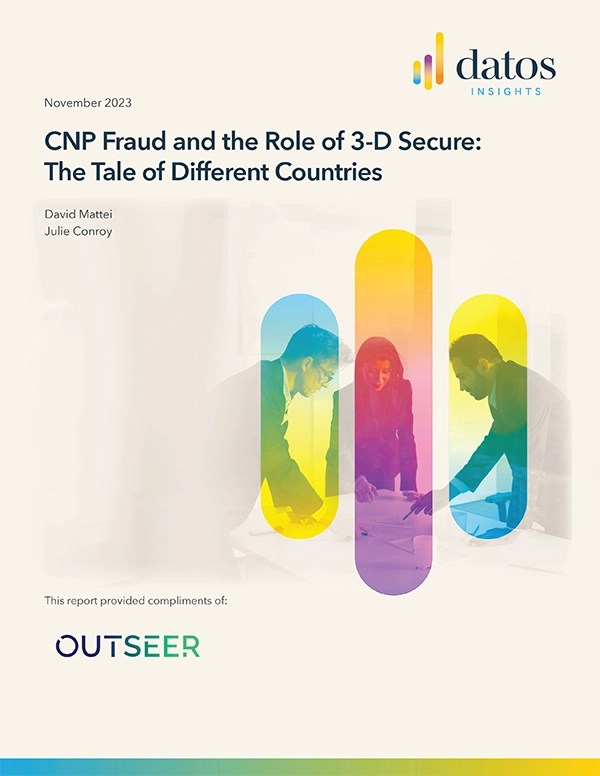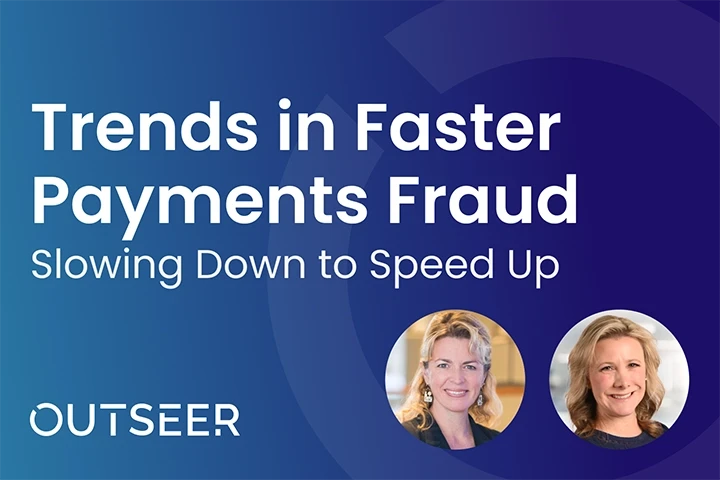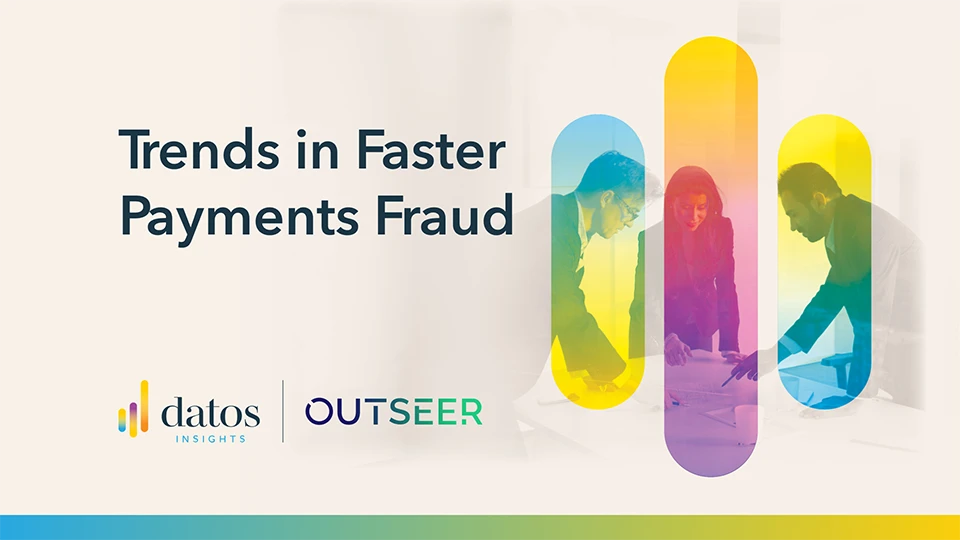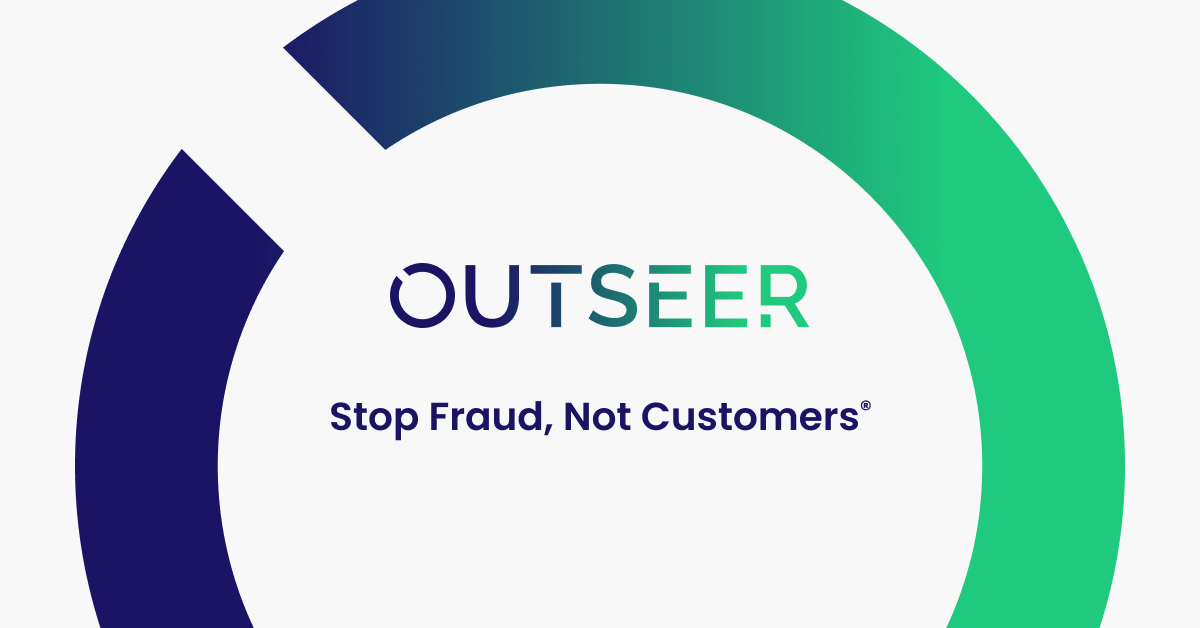The UK Supreme Court’s recent decision on authorized push payment fraud (APP fraud) has triggered significant discussions about banks’ responsibilities and their potential liability. In this blog post, we’ll delve into the critical aspects of this ruling and how it may influence Australian banks. We’ll also explore the escalating scam crisis in Australia and connect the dots between these issues.
Understanding the UK Supreme Court’s Decision
The UK Supreme Court’s decision in the Philipp case has fundamentally reshaped the way banks are held accountable for APP fraud. The court clarified that the question of whether banks should reimburse victims of such fraud is a matter of social policy for regulators and governments to decide. Importantly, the court emphasized that banks’ primary duty, when instructed by customers to make payments, is to execute those instructions promptly. The Quincecare duty, which applies when agents are involved in fraud, does not extend to cases of APP fraud.
Implications for the Australian Market
Although the UK Supreme Court’s decision is not legally binding in Australia, it carries significant implications for Australian banks. Historically, Australian banks have not faced liability for APP fraud, primarily relying on contractual obligations. However, the winds of change are blowing. The UK’s regulatory shift towards mandatory reimbursement for APP scams could inspire similar action in Australia as Financial Services Minister Stephen Jones gives the strongest indication yet on liability shift. While the government’s stance on this issue remains uncertain, the banking industry must remain vigilant and prepared.
The Escalating Scam Crisis in Australia
Now, let’s turn our attention to the alarming statistics from Scamwatch, which reveal the severity of the scam crisis in Australia:
- In 2022, Scamwatch received 239,237 reports, with reported losses exceeding $3 billion. Reported losses to Scamwatch alone reached $569 million, with an average loss of $19,654, marking a 224% increase from 2020.
- Investment scams accounted for $377 million in losses, followed by dating and romance scams at $40 million.
- People aged 65 and over bore the highest losses, making up 26.4% of total losses, while individuals aged 18-24 reported the fewest losses at 3.4%.
- Scammers primarily contacted victims via text messages (33%) and phone calls (29%).
The connection between the UK Supreme Court’s decision and the Australian scam crisis becomes clear when we consider the potential impact on Australian banks. As banks grapple with the question of liability, it’s crucial to remember the substantial financial losses incurred by Australian victims of scams. These losses highlight the urgency of addressing APP fraud and similar issues, even as the regulatory landscape evolves.
And while the UK Supreme Court’s ruling may not directly impact Australian banks, it serves as a catalyst for discussions around bank liability. The alarming scam statistics from Scamwatch underscore the urgency for Australian banks to adapt, protect their customers’ interests, and stay ahead of the evolving regulatory landscape, taking cues from the developments in the UK.
How Should Australian Banks Respond?
To chart a course forward in these changing times, Australian banks are joining Outseer Connect—an invaluable platform where industry leaders from leading banks and financial institutions converge. Here, participants can engage in in-depth discussions with peers, gaining fresh insights into scam prevention and AI in fraud and its far-reaching impacts. Outseer Connect offers a unique opportunity to exchange ideas, share experiences, and stay at the forefront of innovative strategies that safeguard both financial institutions and valued customers.















